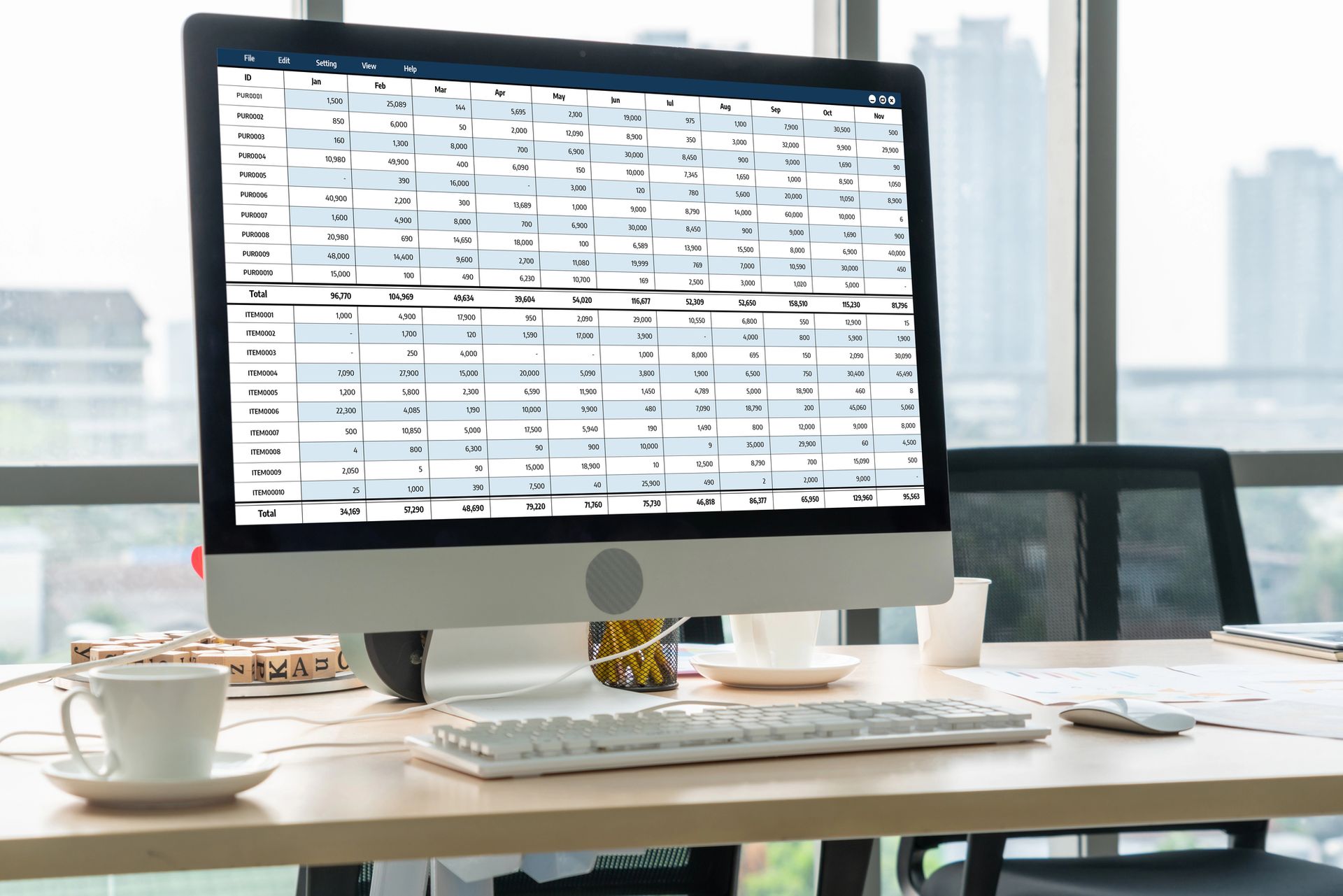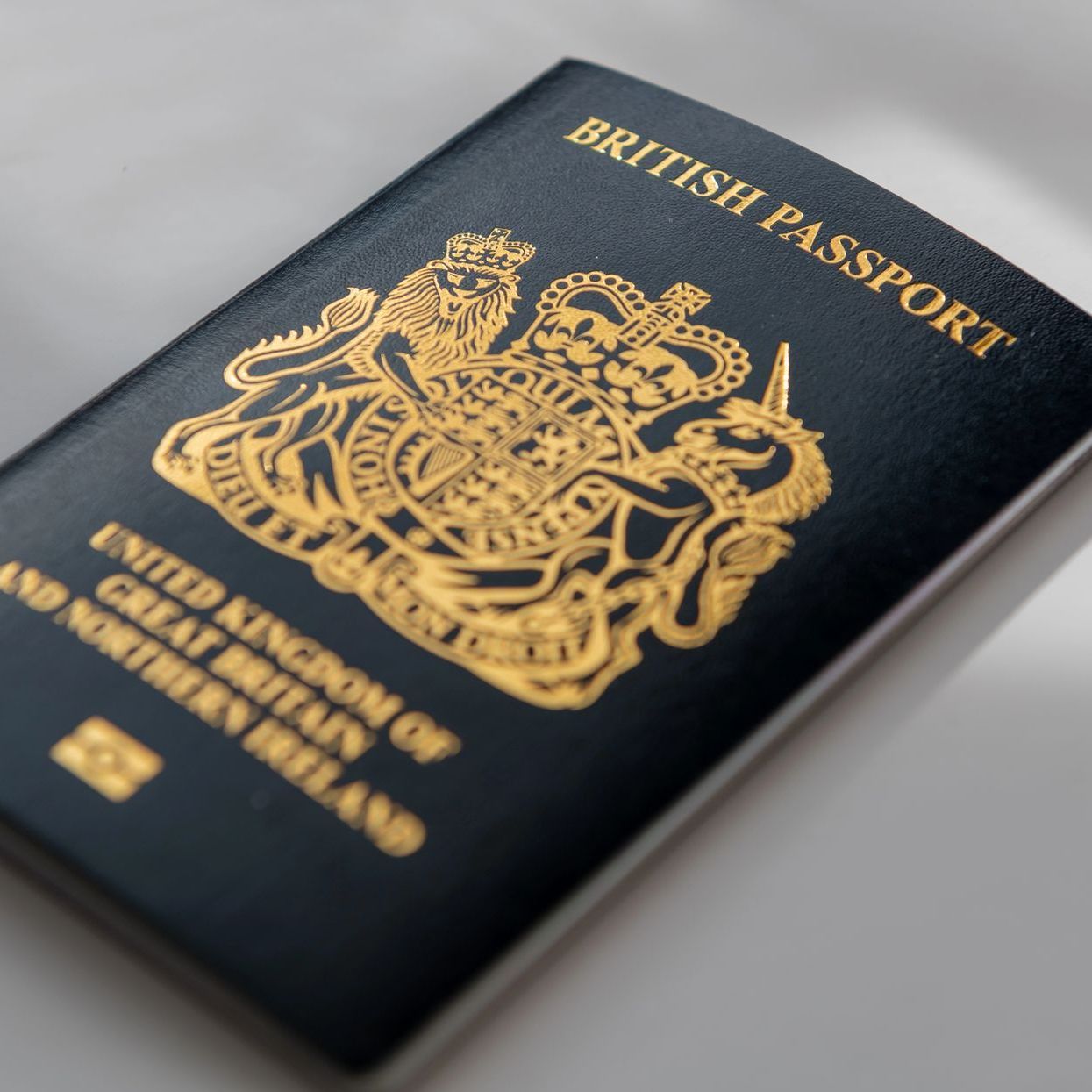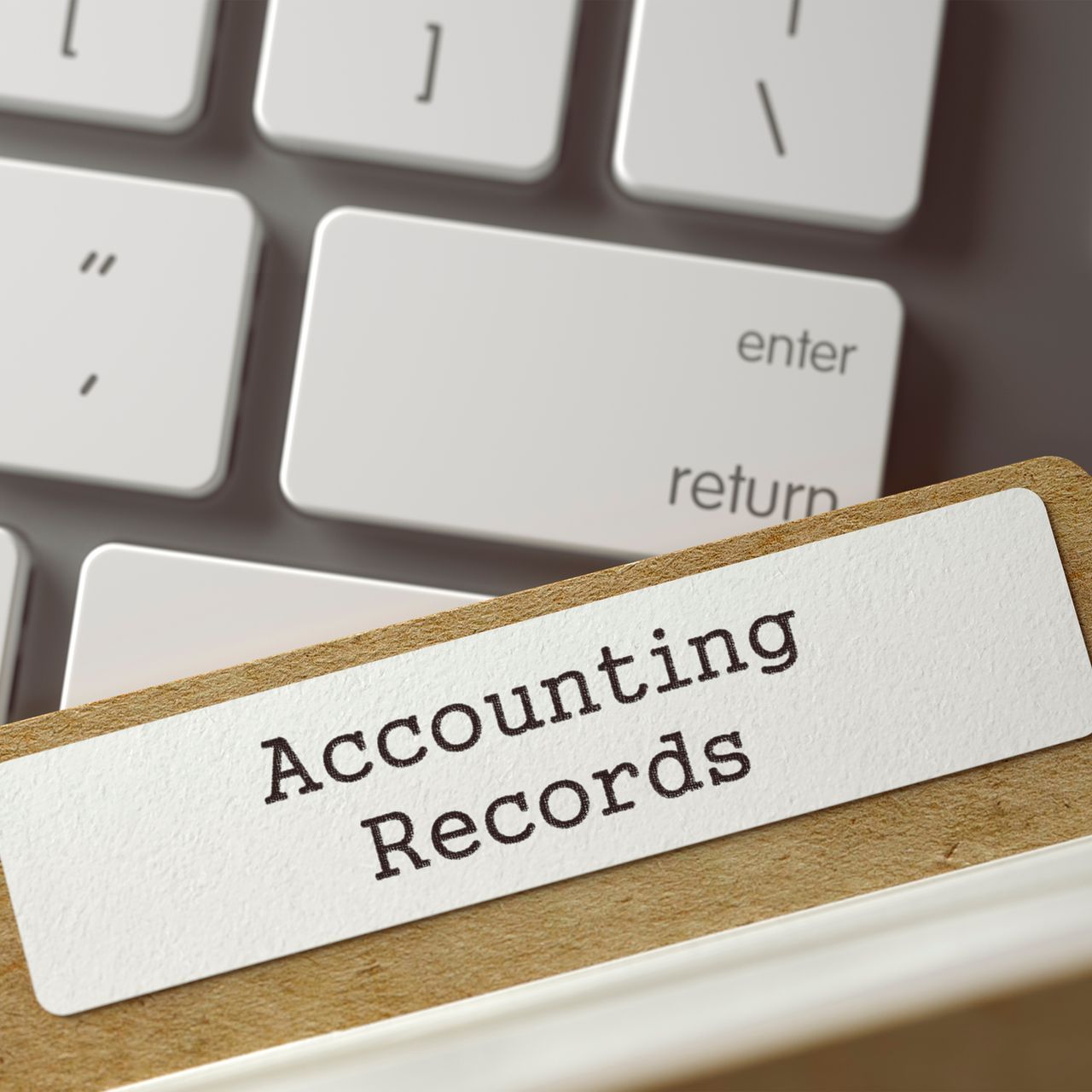When is a commute not a commute?
I had a great question from a client this week wondering whether she could claim her daily travelling expenses.Commuting to a permanent workplace is never considered an expense. Even if daily travel is wholly, exclusively and necessarily in the performance of your duties, you can't claim it back from your employer.What is the definition of a permanent workplace and how does this apply when you are employed by your own company to work on a string of fixed term contracts arranged by your company?
It's worth noting that this issue is one of many complex areas and as ever, everyone's circumstances are different and should be analysed individually. This is my interpretation of the rules.
24 month rule
First of all, we need to consider the 24-month rule. This states that if an employee is expecting to work for more than 40% of the time (2 days out of 5) at a workplace on a contract for longer than 24 months then the workplace definitely can't be considered a temporary workplace. As soon as you believe the contract will run beyond 2 years, the travel would immediately fall under the definition of a commute and you could no longer reclaim the expense.
It is not specifically the end client with whom the contract is held that determines the 24 months, instead it is the locale of the workplace that is important. If the change in workplace doesn’t have a substantial impact on the journey that the employee makes or the expense of the journey, the change in workplace doesn’t count as a change when considering the 24-month rule.
It is also worth noting that the 24-month rule does not say that if a contract is under 24 months then the workplace is definitely temporary, so we still need to consider the circumstances of the travel further.
Where is the employee based?
Assuming that the employee doesn’t fall foul of the 24-month rule, the next thing we need to consider is where the employee’s base is. If a location is considered the base of the employee, then it becomes a permanent workplace and the travel expense cannot be claimed. One indicator of a site being an employee’s base is going to a location regularly to be allocated work to do. Taking our contractor as an example, the key thing we need to determine is where she is allocated tasks as an employee. She is employed by her company so the task which she has been allocated as a result of her employment is to attend the contract and perform the duties agreed by the company in the contract. She does not attend the end-user’s premises to receive those instructions. Therefore, the client’s premises are not her base of operations.
Home working
Even if an employee generally works from home, this does not necessarily mean that travel expenses can be claimed for travel to a workplace. An employee’s base can only be their home where the home has been equipped with facilities to allow the employee to perform their work from home and the employer hasn’t provided any other facilities that the employee could use.
Is the work similar to an employment?
The last thing to consider as a worker providing services to an end user through their own company is whether the work performed is similar to an employment. In other words, does the contract fall under IR35 or not? If the contract is considered to fall under IR35 then the journey to each assignment is treated as a separate employment and no travel expenses would be allowed. If, however the contract falls outside IR35 then each workplace can continue to be considered a temporary workplace and travel expenses can be claimed. So great news for my client, she can go ahead an claim her travelling expenses back from her company.
Of course, establishing whether a contract is falls within IR35 is a contentious area in its own right and care should be taken to ensure that each individual contract is separately assessed to determine its status under IR35. Find out more about IR35 and whether it applies to you here. This is an area that HMRC are currently consulting on and the rules are expected to change from April 2020.
In summary, if your contract falls under IR35 then your travel expenses are considered as regular commuting and they are not an allowable expense. If however your contract falls outside IR35 then you may be able to claim your travel expenses back from your company. As ever, everyone’s circumstances are different so make sure that you understand how the rules apply to your own circumstances.
Image by Free-Photos from Pixabay











